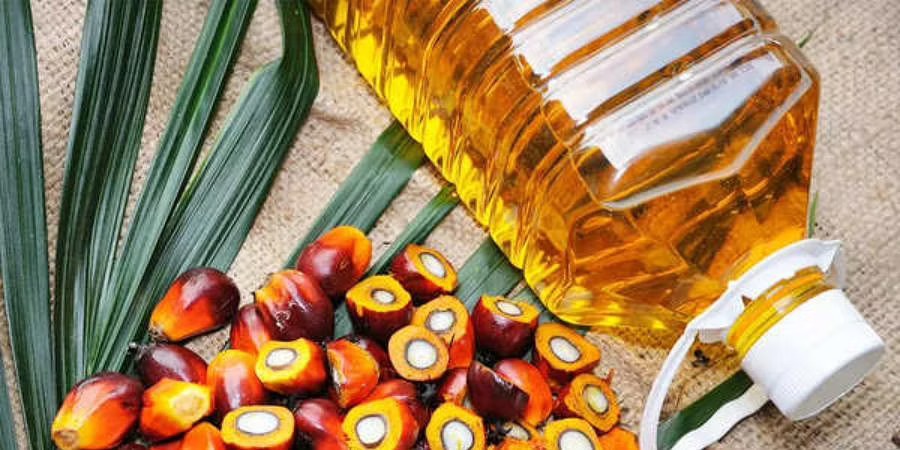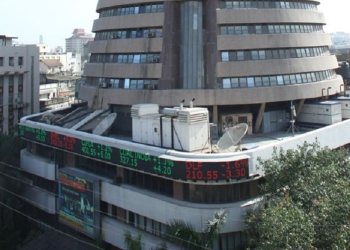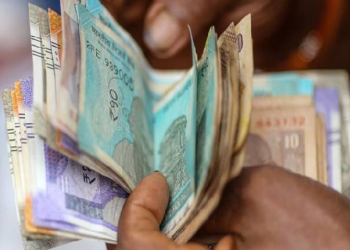New Delhi: Almost a week after the export ban on palm oil by Indonesia, the Centre on Wednesday said it is looking at the situation “very seriously” while reiterating its position that there is sufficient stocks of all edible oils to cover the lean period.
The international oil trade market was already on the edge since the Ukraine-Russia war broke out in late February. It faced a double whammy when Indonesia imposed the export ban from April 28 owing to domestic reasons.
“The government is looking at the situation very seriously after the oil ban by Indonesia became operational. The National Mission on Edible Oil-Oil Palm (NMEO-OP) has upped its efforts. (But) the problem cannot be solved overnight,” Food Secretary Sudhanshu Pandey told reporters here.
“However, India has 40-45 Lakh metric tonnes (LMT) stock that is sufficient to take care of this time period. Of its 460-odd LMT production, Indonesia’s domestic consumption is only 200 LMT. They have no option but to export the rest,” he said.
Last week, the government had stated a similar thing in a statement. On the other hand, trading bodies too are optimistic that Indonesia will need to deal with its own continuing production of both crude palm and palm oil and hence will not be able to continue with the export ban for long.
Palm oil (crude and refined) constitutes roughly around 62 per cent of the total edible oils imported and are imported mainly from Indonesia and Malaysia, while soybean oil (22 per cent) is imported from Argentina and Brazil, and sunflower oil (15 per cent) is imported mainly from Ukraine and Russia.
The government data last week had shown that the stock of all edible oils in the country was 21 lakh metric tonnes (LMT) approximately and 12 LMT approximately was in transit arriving in May 2022. “Therefore, the country has sufficient to cover the lean period due to the ban on export by Indonesia,” the Ministry of Consumer Affairs, Food and Public Distribution had said then.
(IANS)






















